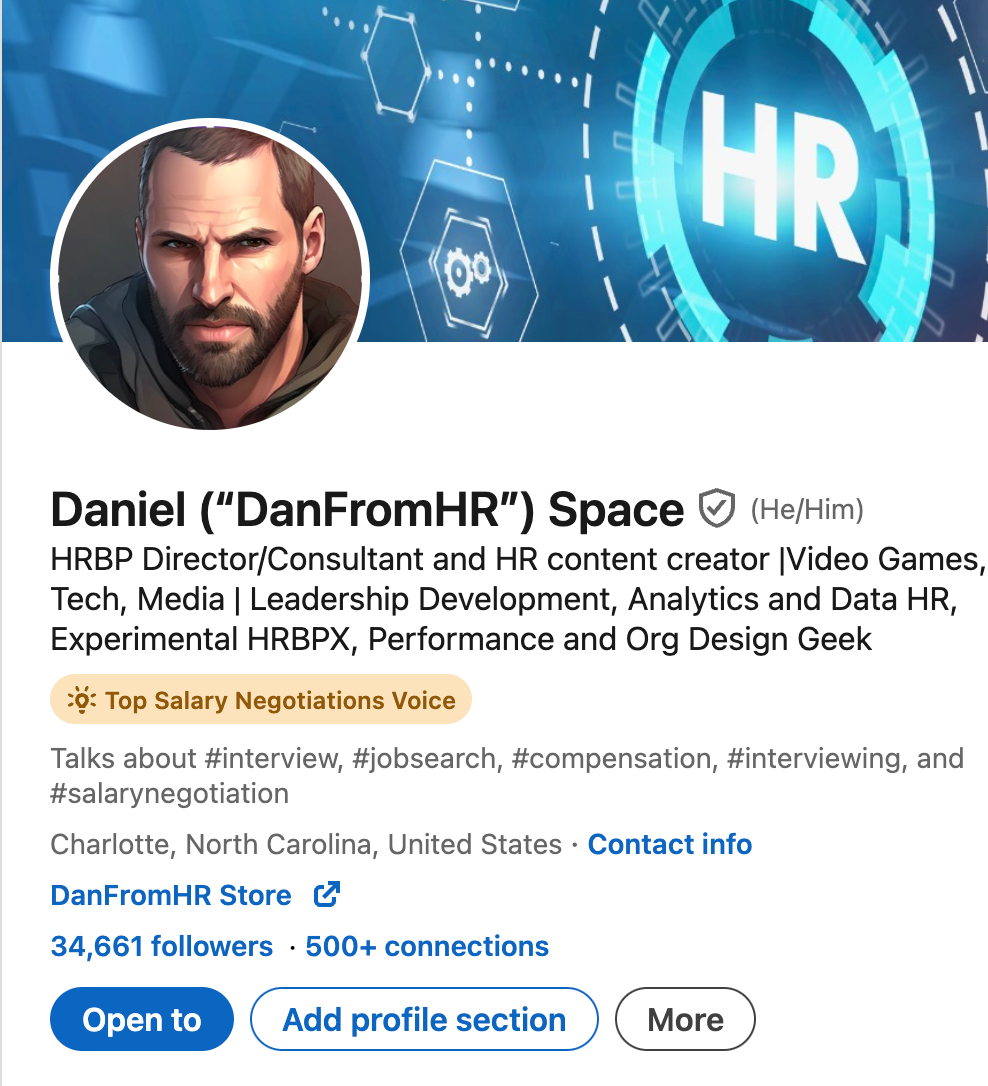
The Truth About Sign-On Bonuses
Sign-on bonuses have become a popular tool for companies looking to attract top talent, but there are important nuances to consider regarding their purpose and structure.
A sign-on bonus is typically a one-time payment offered to new hires as an incentive to accept a job offer. However, it’s essential to understand that these bonuses are often designed to make candidates "whole" when transitioning from a previous position, especially if they are leaving behind a competitive salary or benefits package.
One common scenario in which sign-on bonuses are utilized is when a candidate is forgoing a salary increase or benefits from their current employer.
For instance, if a potential hire is receiving a bonus or raise from their current job that they would miss out on by switching companies, a sign-on bonus can help bridge that financial gap. In this context, the bonus serves to offset any immediate financial loss the candidate may experience during the transition, rather than being a straightforward perk simply desired by the candidate.
Another nuance to consider is that sign-on bonuses can sometimes be tied to performance or tenure. Employers may structure these bonuses with stipulations, such as requiring the employee to stay with the company for a certain period to retain the full amount. This approach protects the employer’s investment and ensures that the bonus serves its intended purpose of securing a commitment from the candidate. As a result, it’s crucial for candidates to carefully review the terms of a sign-on bonus to understand any conditions that may affect their overall compensation.
Additionally, sign-on bonuses are not universally offered to all candidates and are often reserved for specific roles, industries, or highly sought-after skills. Companies may assess the market demand for particular positions and the candidate’s qualifications to determine whether a sign-on bonus is warranted. Therefore, candidates should not assume that asking for a sign-on bonus is standard practice; instead, it should be approached as a strategic discussion, keeping in mind the context of their unique situation and the potential implications for their overall compensation package.
And when in doubt, always ask your recruiter!
- Choosing a selection results in a full page refresh.

